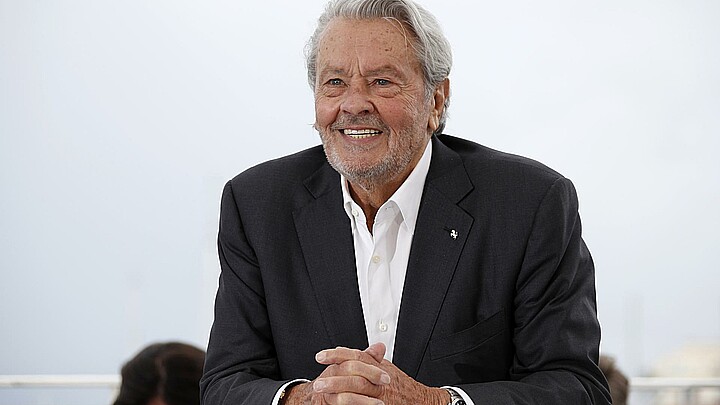Entertainment
Putin removed from Paris wax museum
One of the world's most important wax museums has removed the figure of the Russian president after it was vandalized
March 7, 2022 5:46pm
Updated: March 8, 2022 2:54pm
The Grévin Museum, the historical wax museum in Paris and one of the most important of its kind in the world, decided to remove the statue of Vladimir Putin a few days after the invasion of Ukraine.
The director of the mentioned museum, Yves Delhommeau, declared that it is no longer possible to display such a character. Museum authorities also said that Putin's statue was observed by numerous visitors during the weekend and has suffered several aggressions from tourists, reported France Bleu radio.
"Given what happened, we did not want to repeat or redo his makeup every morning. For the first time in the history of the Grévin Museum, we decided to remove a character linked to historical events such as those happening right now," Yves claimed.
Putin's sculpture, created in 2000, will be taken to the museum's warehouse, north of Paris, for an indefinite period.
Photos recently made public on social media show one of the center's employees removing and storing the president's wax head. The statue of Putin stood between U.S. President Joe Biden and Chinese President Xi Jinping.
In 2014, the Russian president's wax figure had already been damaged by an activist of the Femen movement.
The museum director claimed that Ukrainian President Volodymyr Zelensky could replace the figure.
The Grevin Museum, which houses more than 500 wax figures on its walls, decided to make this decision due to the historical events following Russia's invasion of Ukraine.
It is still unclear whether the image of the president will ever be exhibited again, according to the French gallery. The dismantling comes days after Putin was internationally sanctioned by the European Union, the United States, and Japan.








